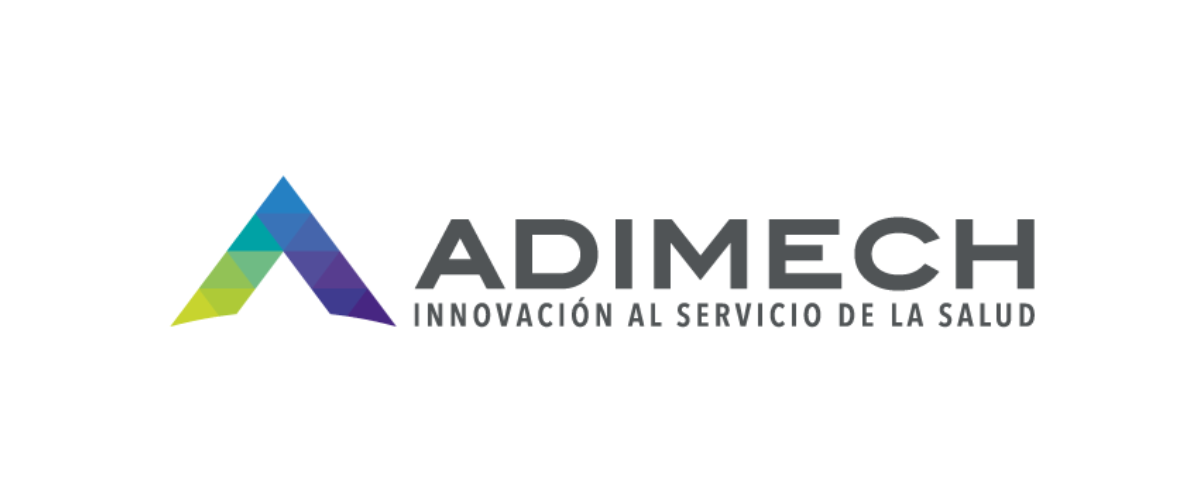The landmark achievement will enable the implementation of a strategic plan to close regulatory, technological, and human capital gaps.

Wednesday 10 de September de 2025
The Chilean Institute of Public Health (ISP) was awarded CORFO funds totaling $2.5 billion to implement the second stage of the project “Strengthening the ISP for the Regulation of Medical Devices (DM)”.
The proposal also includes the implementation of digital platforms and technological services that optimize regulatory processes, provide greater transparency, and facilitate access to information for both citizens and industry. The aim is to move towards an efficient and modern system capable of responding to the growing demands of the sector and consolidating the ISP as a regional benchmark in medical device regulation.
The director of the Public Health Institute, Dr. Catterina Ferreccio, stressed that having the expertise to evaluate the safety, quality, and performance of medical devices is a pending debt to the country. “During the pandemic, this limitation became evident when we were unable to certify respirators produced in Chile, which prevented their use in hospitals. With CORFO’s support, we will be able to train specialized teams and respond to the challenges posed by growing innovation in this field,” she said.
Meanwhile, Elizabeth Zapata, Director of Technological Development at CORFO’s Technological Capabilities Management Department, highlighted the importance of strengthening public technological institutes, such as the Institute of Public Health, considering them key enablers for industry development. “It is essential that the medical devices being created in Chile have access to regulations that allow them to be certified internationally, so that these innovations have both domestic and foreign markets,” she said.
The Chilean Medical Devices Trade Association (ADIMECH), sponsor of ExpoSalud 2025, congratulated the ISP on this “strategic advance in closing regulatory, technological, and human capital gaps in the national health ecosystem.”
“This advance not only strengthens the protection of the population’s health, but also promotes innovation and competitiveness in the national industry. As a trade association, we reaffirm our commitment to modern, transparent regulation, aligned with standards and the technological challenges specific to the medical device sector,” the trade association concluded.

